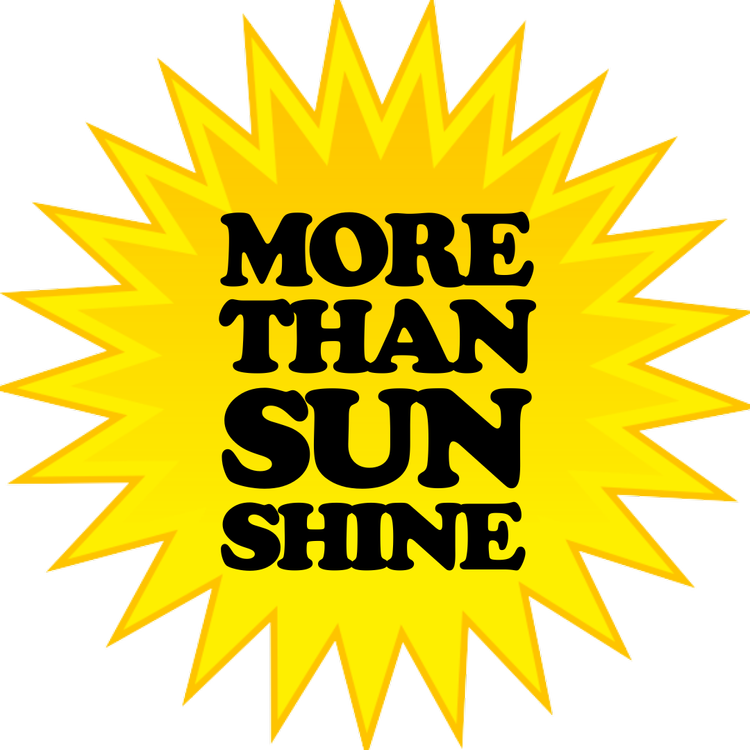When will my PhD thesis be published and what’s the topic?
The short answer is ASAP, but don’t hold your breath waiting, and it’s about the role, power and interplay of urban narratives at Australia’s Gold Coast.
ABSTRACT
Since the mid 1990s when the internet came into worldwide use, digital technology and media have emerged as the force majeure in city-image making. In recent years, monetisation and algorithmic functionality have boosted the ability of people with political and financial power to control and project information in ways that influence decision-making about urban growth and development. As early as 2004, in ‘Dark Age Ahead’, Jane Jacobs warned of the unwieldiness and pervasiveness of digital technology and media, making cities prone to homogeneity, superficiality, and even corruption.
This research interrogates the image of the Gold Coast - a city that is unconventional within Australian urbanism and eludes orthodox classification. The Gold Coast has been born out of fantasy and speculation, designed for fun and profit. It is not fettered by historical precedents, or even its own history, and for this characteristic it is also popularly maligned for lacking what people sense and perceive as culture.
Applying anthropologist, Clifford Geertz’s definition of culture as “the ensemble of stories we tell ourselves about ourselves”, to the living phenomenon of the city, this research is premised on the understanding that urban culture is defined by the ways that citizens narrate their city and their connections to it. And over time, that city’s identity becomes the stories they keep repeating.
Through distillation of texts drawn from the Gold Coast Bulletin, this research will derive an ensemble of accounts about how Gold Coasters narrate their city. These will reveal prevailing narratives that influence built environment outcomes and the image and identity of the city.
The practical aim is to bring awareness of the role, power and interplay of urban narratives pushed by different cohorts of Gold Coasters. The goal is to highlight how inclusive urban management can strengthen the image of any city through encouraging citizens to actively participate in storytelling about its past and decision-making for its future.

